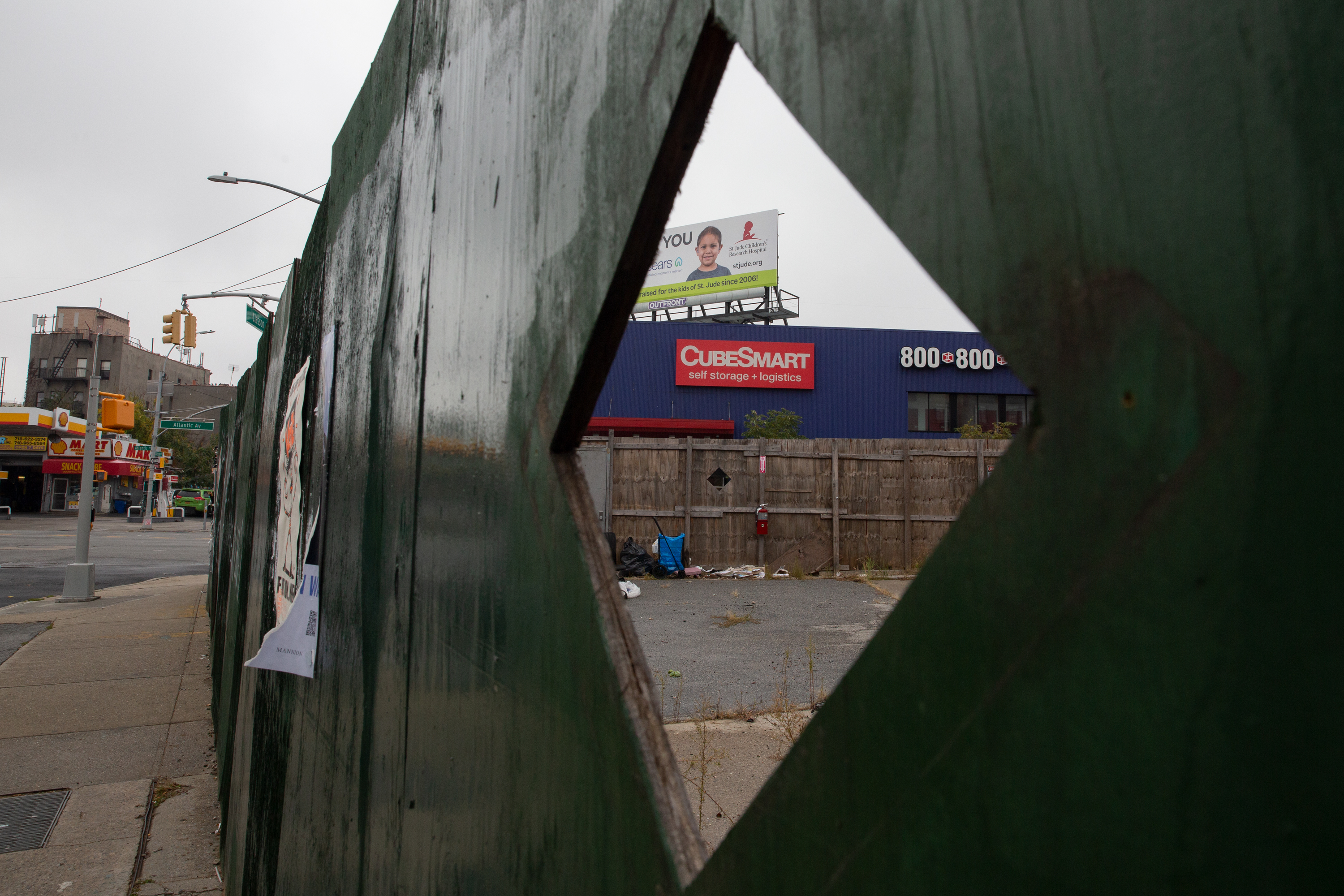
30 Oct 2020
This story was originally published on October 27th by THE CITY.
You can’t be booted from your home yet during the pandemic. But you can still lose all your things in the unregulated, lucrative self-storage industry.
New Yorkers’ belongings stowed away in hundreds of self-storage units are slated to be auctioned off in the coming weeks, with struggling customers left unprotected, even during the pandemic.
Evictions that can lead to the loss of everything from furniture to family heirlooms snapped up by strangers. Meanwhile, the billion-dollar industry is booming as New Yorkers in flux seek places to keep their possessions, movers say.
Nearly 175 units at Public Storage facilities across the city are scheduled to go up for bid Tuesday, Wednesday, and Thursday, the company’s website shows, with another 849 headed for the block in November. Meanwhile, CubeSmart plans online auctions for units at 49 of its New York City locations next month, according to its website.
Unpaid storage fees differ from most unmet bills because under state law, storage facilities are granted a lien on the belongings within them. That means storage companies have the right to auction people’s things off rather than simply ceasing services to customers who cannot afford to pay rent and late fees.
If customers fall behind too long, they are locked out of their units and their possessions then sold to the highest bidder — à la the TV show “Storage Wars.”
 Ben Fractenberg/THE CITY A CubeSmart location on Atlantic Avenue and Classon Avenue in Brooklyn, Oct. 20, 2020.
Ben Fractenberg/THE CITY A CubeSmart location on Atlantic Avenue and Classon Avenue in Brooklyn, Oct. 20, 2020.
Denise Holmes, 33, who lives in an East New York apartment after a stay in a city homeless shelter, said she had to decide between saving her stuff from a Staten Island storage facility and putting food on the table for her kids.
“I made the payment, thank God, yesterday, but I’m just trying to get the things out of there,” she said in a recent interview. “It’s now settled up, but it’s going to start re-charging soon.”
Holmes plunked down the money, she said, then found birth certificates and her Social Security card in the unit. But the van she hired to bring the stuff could only fit so much. She wants to go back and get her kids’ clothing, but that will require making the next $200 monthly payment first.
“Every time I get out of one hole, I’m back in another hole,” she said.
Since the start of the pandemic, the city is down 648,000 jobs, and unemployment has soared to 14%.
 Ben Fractenberg/THE CITY A CubeSmart location on Atlantic Avenue and Grand Avenue in Brooklyn, Oct. 20, 2020.
Ben Fractenberg/THE CITY A CubeSmart location on Atlantic Avenue and Grand Avenue in Brooklyn, Oct. 20, 2020.
Meanwhile, self-storage is a profitable industry that does well in tough times. The Wall Street Journal reported in March that investors were flocking to the investment.
Private-equity firm Blackstone Group just struck a deal to buy Simply Self-Storage for $1.2 billion, The Journal reported Sunday, citing the sector’s strength throughout the pandemic.
Public Storage pulled in $2.8 billion in revenues and $1.5 billion in profits last year, while CubeSmart brought in $644 million and cleared $171 million, public filings show. Neither company, whose national holdings include a large presence in New York City, responded to inquiries from THE CITY.
Article by Rosa Goldensohn, THE CITY. THE CITY is an independent, nonprofit news organization dedicated to hard-hitting reporting that serves the people of New York.
Thumbnail by Lerone Pieters on Unsplash